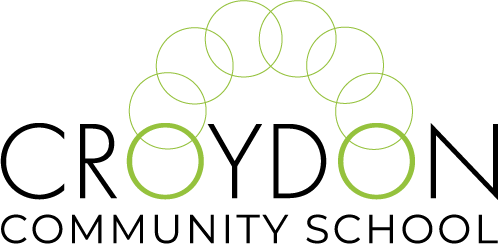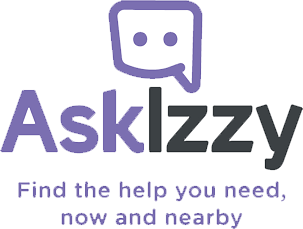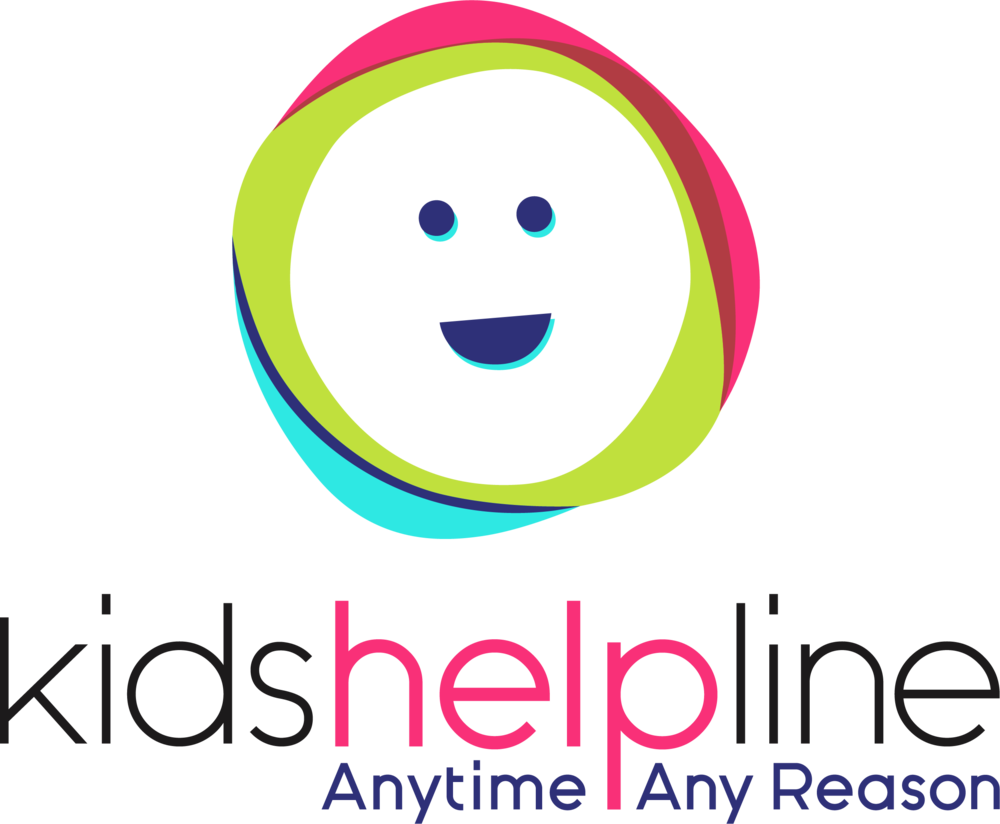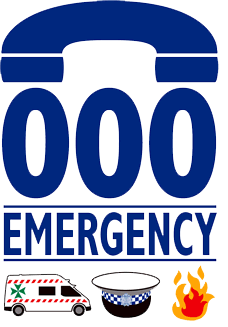Wellbeing at Croydon Community School
The Wellbeing Team is committed to supporting students and families in developing their overall wellbeing. Croydon Community School provides an integrated and comprehensive whole school approach to wellbeing that incorporates equitable opportunities for all students to enhance their own and others’ resilience and wellbeing through their daily learning experiences. An integrated approach aims to strengthen each student’s personal, physical, cognitive, social, emotional development. All staff acknowledge the significance of resilience and wellbeing and understand they are essential for both academic and social development.
The whole school approach to wellbeing provides the foundation for a safe and supportive school where all school members feel a sense of belonging, are valued, respected and free from discrimination and harassment. Positive relationships are regarded as the key to students feeling safe, valued and accepted by all members of the school community. Consequently, staff work tirelessly to develop close and collaborative relationships amongst parents, students, staff and the broader community.
Child Safe Standards
The Child Safe Standards are compulsory minimum standards for all organisations that provide services to children including Victorian schools. The aim of the Standards is to ensure organisations are well prepared to protect children from abuse and neglect. It is recognised that many schools will have existing policies and procedures that aim to keep children safe.
Student Wellbeing and Engagement Policy
The Department of Education and Training requires schools to develop a school specific student engagement policy. This documents how they create and maintain a positive and engaging school culture, create and maintain environments that are safe and supportive, value diversity and promote pro-social behaviour, promote school attendance, adopt a staged approach to promote positive behaviours and apply disciplinary measures.
The Wellbeing Team
The Wellbeing Team is committed to supporting students and families in developing their overall wellbeing; including their physical, social and emotional health. All wellbeing staff play a pivotal role in the planning and implementation of the Positive Education program, and work to promote health and resilience amongst the student body in collaboration with the advisors and leadership. The Wellbeing Team provides individual advice and support, as well as support through school-based programs and events. You can consult and gain support from the Wellbeing Team on a broad range of topics, including:
- Mandatory reporting
- Incident response
- NDIS and/or disability support
- Accommodation
- Conflict with peers and/or adults
- Substance use
- Family issues
- Grief/loss
- Health
- Relationships
- Sexuality
- School refusal/truancy
- Mental health
- Suicide and/or self-harm
- Cyber safety
- Personal hygiene
- Sexual health
Wellbeing Team Membership
The Wellbeing Team play a key role in the lives of the students by providing support, advocacy and opportunities for students, families and staff members. This is achieved by working together as a school community and collaborating with local agencies.
Wellbeing Coordinator
The Wellbeing Coordinator promotes a whole school approach to health and wellbeing within the school community and works in collaboration with students and parents, school staff including principals, teachers, education support staff, nurses and student support services officers and with broader community agencies. This role is designed to support students who are at risk of disengagement and of not achieving their full potential. The Wellbeing Coordinator can provide support, advice and guidance to staff and leadership regarding issues such as, student referrals, student management, student placement, student wellbeing, and emotional and material needs of students.
Youth Workers
Youth Workers support and advocate on behalf of young people facing wellbeing, behavioural, developmental, social and protection issues. Youth Workers may work with young people on an individual or group basis, offering practical and emotional support and helping them to develop skills to make positive changes in their lives. Youth Workers can provide basic counselling, intervention and risk assessments, in an effort to understand the students and refer the client to other professional services when the issues are complex or specific.
School Nurse
The Secondary School Nursing Program (SSNP) aims to reduce risk to young people and promote better health in the wider community. The school nurse plays a key role in reducing negative health outcomes and risk-taking behaviours among young people, including drug and alcohol abuse, tobacco smoking, eating disorders, obesity, depression, suicide and injuries and focusing on prevention of ill health and problem behaviours by ensuring coordination between the school and community-based health and support services.
Student Service Officers
The Student Support Service Officers (SSSO) comprise a mix of allied health specialists, including psychologists, social workers and speech pathologists. SSSOs are engaged to access support for individual students e.g. through referrals and Program for Students with Disabilities (PSD) assessments.
Wellbeing Programs
Free Fruit
Smart Circuit
The SMART CIRCUIT is an active therapeutic program that assists students to learn essential life skills that support them to effectively manage the challenges in their lives. The program aims to heighten awareness of the relationship between physical exertion and clarity of mind; between effort and esteem; between core strength and inner strength; and between mind and body control and self-regulation leading to a sense of empowerment. The program links with the Victorian Curriculum on Personal and Social Capabilities, self-awareness, self-management and social-awareness using its three pillars of connect, respect and strength to empower students.
Dogs for Life
The Dogs for Life program focuses on developing life skills in young people who are at risk of disengaging from school or community using structured interventions with specifically training dogs. During the program, students are challenged progressively with more difficult tasks to complete within the community. The tasks, which are dog centric, are designed to improve social skills and self-confidence, increase community engagement and independence and physical skills while promoting development and spatial skills.
Counselling
One to one counselling support provides a safe, supportive and non-judgemental space for your young person to talk about social, emotional or academic difficulties, concerns or issues that may include stressful or emotional feelings. Sessions focus on listening to each other, and helping young people to explore their feelings, experiences or behaviour, with a goal to facilitating positive change.
ACT Art Therapy
Accept, Choose and Take Action Art Therapy program uses experiences such as art to help young people learn about valued living and dealing with difficulty. The program involves a small, specifically chosen group of students. The aim is to build a shared space as a group, to increase collaboration, respect, compassion and understanding for one another. The themes explored include values, control and acceptance, problem solving, emotional literacy, emotional regulation, and reflection.
Wellbeing Lunch
Town Hall is open at the beginning of lunch, 12.50pm until approximately 1.15pm each day. During this time, students can access the kitchen for hot/cold water, toasters and microwave facilities. The Wellbeing Team will toast cheese sandwiches and provide those students who require lunch. The school community is hugely grateful to Eat Up and its volunteers who kindly make and deliver the sandwiches for our students.
External Service Providers
At Croydon Community School the Wellbeing Team works closely with local agencies and service providers to support students and their families with concerns regarding mental health and wellbeing, parenting support, housing, substance use issues, financial support, advocacy, etc. Services provided include (but are not limited to): counselling, mediation, student protection and tertiary referral and liaison.
Local agencies and service providers include:
Click or tap on a logo to visit their website to find out more.
Maroondah City Council
- counselling
- programs
- NDIS support
Maroondah Youth Services
- support for young people including:
- finding a job
- family issues
- getting involved in the community
- issues with school, or
- if you’re just having a hard time
Child FIRST
- family support services including parenting programs
Child Protection
- investigate matters where it is alleged that a child is at risk of significant harm
- refer children and families to services that assist in providing the ongoing safety and wellbeing of children
- make applications to the children’s court if the child’s safety cannot be ensured within the family
- administer protection orders granted by the children’s court
Hope City Mission
- emergency relief
- food
- financial literacy
- advocacy
Anchor
- housing support
Wellways
- not-for-profit mental health
- disability
- NDIS
- community care
- aged care services provider
Life Resolutions (Dr Emma McDougall)
- counselling
- psychology
Resources for Young People, Families and Carers
Click or tap on a logo to visit their website to find out more.
Ask Izzy
Ask Izzy is a mobile website that connects people who are in crisis with the services they need right now and nearby.
eheadspace
eheadspace provides online and telephone support and counselling to young people 12 – 25 and their families and friends. If you’re based in Australia and going through a tough time, eheadspace can help.
Kids Helpline (1800 55 1800)
Kids Helpline is a free, private and confidential, telephone and online counselling service specifically for young people aged between 5 and 25 in Australia.
Lifeline Australia (13 11 14)
24 Hr Crisis Support and Suicide Prevention Service
Triple Zero (000)
The Triple Zero (000) service is the quickest way to get the right emergency service to help you. You can contact Police, Fire or Ambulance in life threatening or emergency situations.
Principal
Ms. Bronwyn Harcourt
Assistant Principal
Mrs. Kaye Bhan
Address:
61-77 Croydon Road
Croydon, VIC 3136
Postal:
P.O. Box 239
Croydon, VIC 3136
Telephone:
(03) 9724 2900
Facsimile:
(03) 9724 2999
